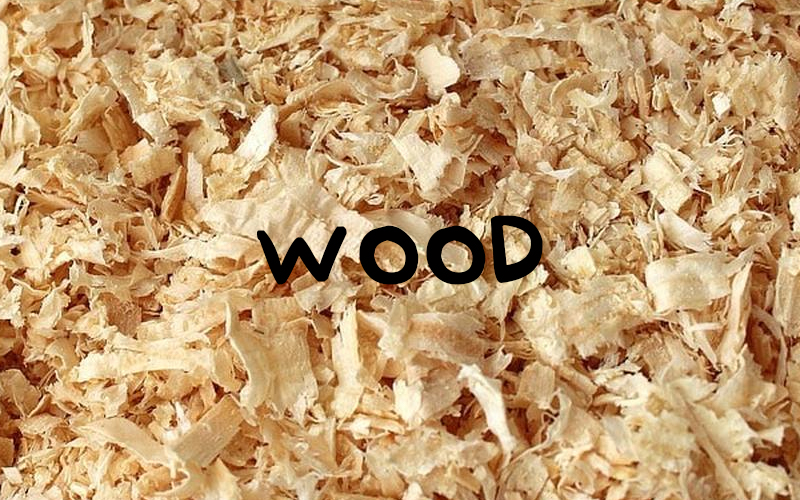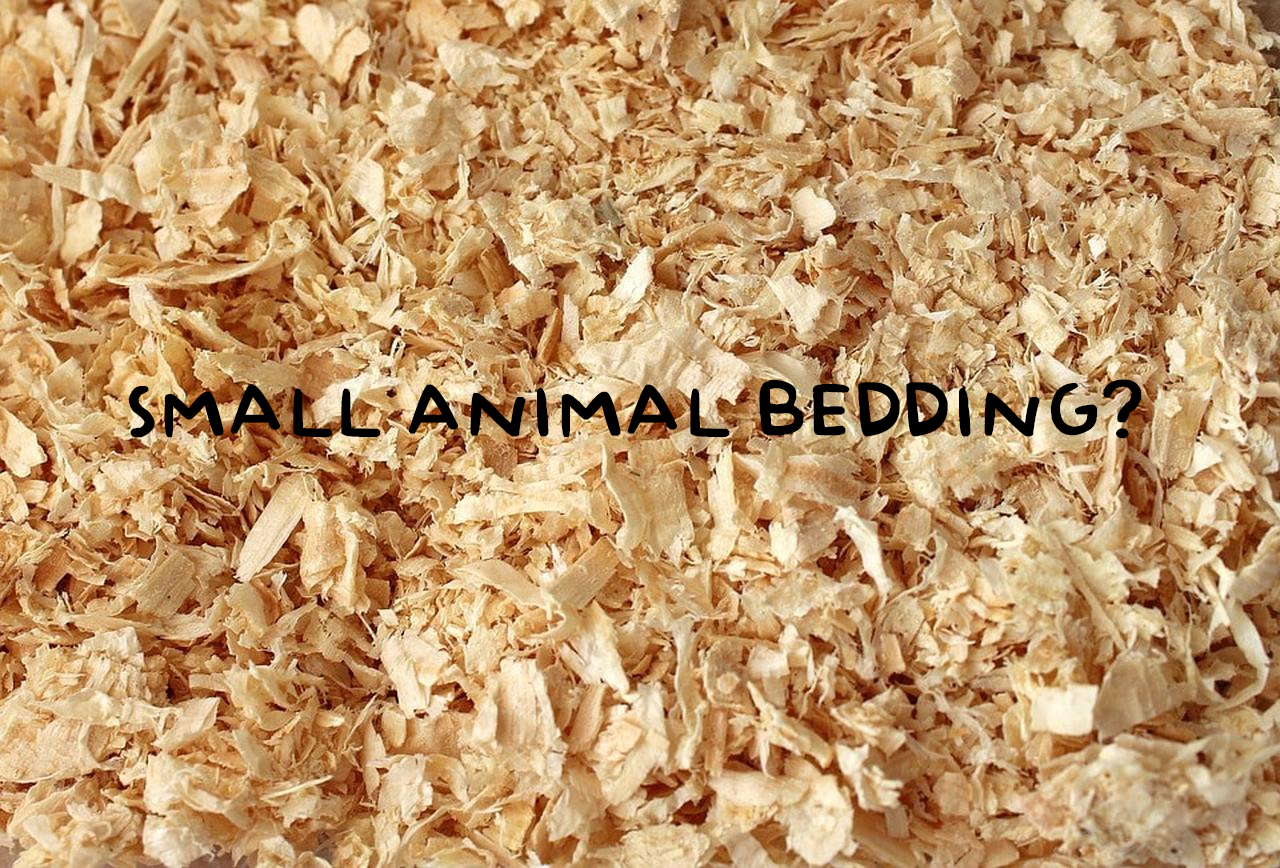With a variety of beddings to choose from, we often get confused as to what is best for our little pals. Providing the best care means choosing the right bedding materials that allow for instinctual behaviours while closely mimicking the animal’s natural habitat. Just as importantly, the bedding should effectively absorb moisture and waste well between regular changes.
Here are some of the most common beddings you’ll find at your local pet store:

Wood beddings commonly come in the form of shavings, pellets, or chips.

Paper beddings come in pellets and granules and are very absorbent.

Corn cob bedding is all-natural and can be safely composted or used as fertilizer for plants.

Straw bedding works well for building nests and providing a natural cushion for animals to sleep in.
Some Key Features To Think About
- If bad smells are a concern, choose a material that controls odours well.
- If your cage does not have the best ventilation, consider bedding that is low in dust or dust-free to avoid respiratory issues in your pets.
- If you have multiple animals per cage and deal with a lot of excrement, you’ll want highly absorbent bedding to keep the cage dry between changes.
- To give your pets the best burrowing environment, look for soft and comfortable materials.
- Watch out for harmful chemicals or toxins that may trigger health issues in your pets. Example: Pine and cedar shavings, bleach, and ink.
- Concerned for the environment? Check out if the bedding is sustainably sourced, and biodegradable or compostable!
Conclusion
In the end, it’s all about creating a clean and comfortable environment for your small animal. With some basic knowledge of what to look out for, you’ll be able to find one that works best for you and your pet.
Always monitor your pets for any abnormalities in behaviour and appearance, looking out for symptoms such as sneezing, scratching, and/or fur loss. These could signal some kind of allergy and you may need to switch to another bedding type.
Remember, if you’re unsure about the best course of action, it’s always good to seek advice from a pet care consultant or vet!

